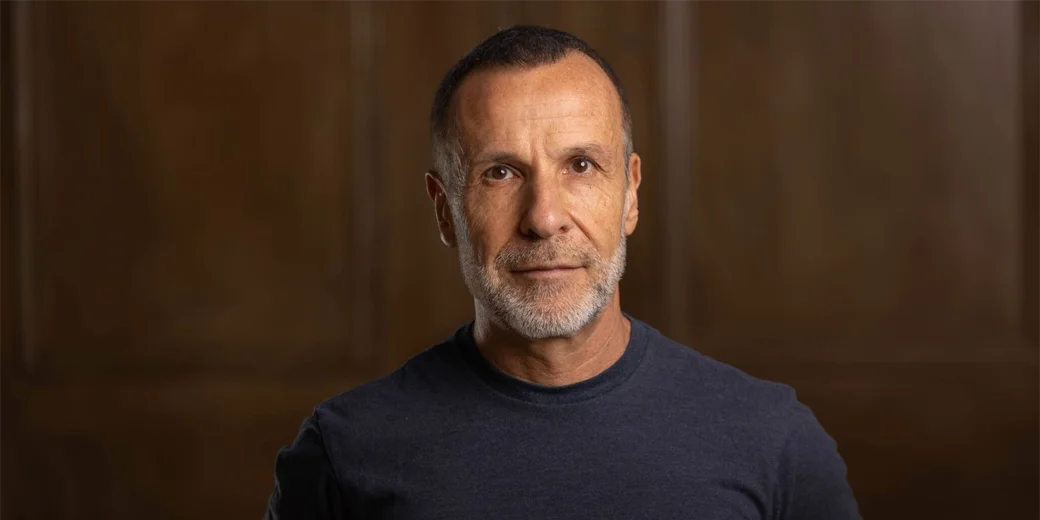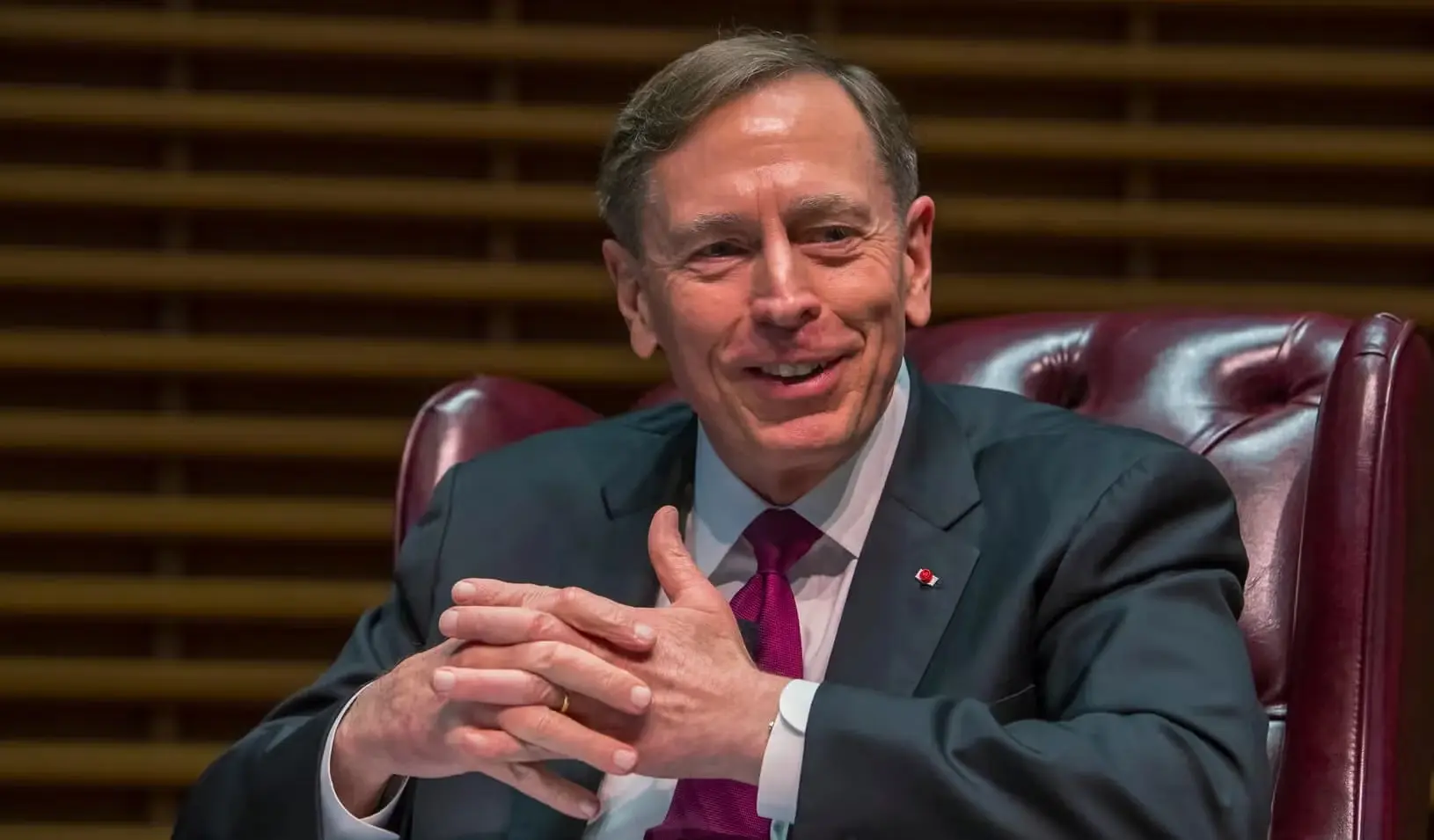*We are now accepting new clients for the 2026-27 cycle! Sign up here.
X
In this podcast, Mike provides a brief recap of the historic last cycle (2020–2021) as well as the short version of our best predictions for what's to come this cycle (2021–2022). If you'd like a longer and more in-depth discussion of these topics, please listen to our full podcast on these topics, "Recapping the 2020-2021 Law School Admissions Cycle & Predicting the Upcoming Cycle" (featuring Spivey Consulting's data wonk Justin Kane and PowerScore CEO Dave Killoran).
You can listen and subscribe to our podcast on Apple Podcasts, Spotify, YouTube, SoundCloud, and Google Podcasts.
Hi. It is Wednesday, August 18th, and this is Status Check with Spivey, where we talk about life, law school, admissions. We’re particularly going to focus on admissions in this podcast. I’m going to try and keep it brief, six to ten minutes, and do a general overview of the cycle to come. But, of course, we can’t talk about this coming cycle without talking about last year’s historic cycle.
[00:37] So, what happened last year is, of course, we had COVID, and LSAC, the organization that administers LSAT had to, in an incredibly short amount of time, and kudos to them, it was amazing to watch. Taken historically in-person tests and moving online so that you could take it in your bedroom, living room, wherever. So, that happened and it was miraculous to watch. But, whenever you see amazing things happen in short amount of times, there’s historic precedent for this, there are second generational problems. So, the second generational problems with taking a five section, in-person test and turning it into a three section, online test, was that there were a lot of vectors that went into different test-taking ability that LSAC didn’t account for when they gave a curve. Each test has a curve. It’s negative nine, which means you can get nine wrong to get a 170. Or negative twelve, or negative thirteen. So, the curve, by our estimation in the data experts that I surround myself with was too loose. And it’s not just by anyone’s estimation. You can see that the curve changed. Particularly, at 165 and above. But particularly, particularly from 170 to 180. From 175 to 180, LSAT scores were up 103%. They’re up 57% from 170 to 174. So, you have this massive spike at the top that no one was able, pre-cycle, to account for. I mean, not us, not LSAC, not law schools.
[02:24] So what happened? Law schools generally base admit patterns on historic data. So, they were chugging away, admitting away (most law schools, not all) and all the sudden their classes filled up very early with high scores. We’ll get back to that because that caused over enrollment even at some of the highest ranked schools that hardly ever have faced over enrollment before. And that’s going to impact this cycle. Applications last cycle were up, I believe, 12.6% so that also created to a more difficult cycle. But basically, last year what you saw was a seller’s market. Schools did incredibly well, and you’re starting to see that. And it’s going to get worse. We work with a number of schools and we talk to a number of schools. And, you know, I’m bound by confidentiality. But when more and more of these medians come out, you’re going to see plus two, plus three. You’ll see, I believe, some plus threes in the top twenty which is just unheard of. So last cycle was a once in a lifetime difficult cycle. I hope once in a lifetime.
[03:32] Let’s talk about this cycle. So, you have those overenrolled schools and what a lot of them did, and bears noting, is they offered scholarship incentives to decrease the class size and defer people to this cycle. So, generally every cycle you have some deferrals. But this cycle, you’re going to have, let’s say a school normally starts off the cycle with ten deferrals. They’re ten yards ahead on the track. They may have thirty or forty deferrals this cycle. So now they’re going to be forty yards ahead on the track and the race hasn’t even started yet. That’s not good news, obviously. But I’ll get to the good news. The other piece of bad news is, I posted on our Twitter account. I did a week of free phone calls. The number of people I talked to with 165s and above or 170 and above who were 0 for 8, or 0 for 12, or 1 for 14, that was essentially my entire week. Well, what are those people going to do? They’re going to reapply this cycle. So, early on this cycle, you have the schools with the larger number of deferrals and you have a lot of strong reapplicants. Or people who took the LSAT FLEX last cycle and scored better because people who took the LSAT FLEX scored better in general. Not every single person, but in general, they scored better. So, early on, schools are going to try and maintain these strong medians that are coming in. And you’re going to see a slow pattern of that. Slow pattern because schools are hurt last year that admitted too early, so they’re going to pump the breaks. So slowly and mindfully they’re going to admit people with strong numbers.
[05:11] Here comes the good news. And this happens every year. Every year schools gun for high LSAT scores early and then sort of start losing some of that battle. Last year it didn’t happen because even if they lost high LSAT scores, they had other high LSAT scores to replace them with. So, this year, come around February, March, April, May, June, July, August, if you’re an applicant and you have a 172 and you apply to twelve schools, in that month bandwidth I told you about, you’re going to have to tell eleven schools “no.” And now multiply that by 5,000 other people in the 170 to 180 range or whatever. 3,000 other people telling eleven schools “no”. So those schools have to start going to other people to admit. Well, again, last cycle they had other people in this stable of high scores to admit but I don’t see that happening this cycle because I think that LSAC, a learning organization, is going to start accounting for the vectors of taking a test at home versus in person. The test questions were no less rigorous and that’s LSAC’s amazing ability to put together very consistent test questions was almost their crux last cycle because they just factored in that it’s the same caliber of tests. And I think this cycle, they’re going to be factoring in more study time, less anxiety, state dependent learning. All of those psychometric, psychological factors that led to the LSAT FLEX test takers in general scoring better. I’ve seen the scaling data. I can’t talk about it, but they scored better. I think LSAC is going to control for that and tighten up the curve. So, later this cycle, we’ll call it past January, schools will start losing people. And then they’ll really start losing people come seat deposit deadlines. That’s when you see them shifting targets from where their current medians are, which is again daunting, I get that. I think they’re going to have to shift down one, two and in some cases three LSAT points to new, lower LSAT points because they’re going to run out of numbers. To be determined because they can also decrease class sizes. Obviously if your class size is 200, and your dean says, “Okay, well we can make it 100,” it’s a lot easier to bring in high numbers. But I don’t think many schools will have the ability to do that financially. They need the revenue. So, I think if they maintain class sizes around normal levels, the LSAT medians and maybe to a slightly lesser extent, GPA medians, but mostly LSAT medians, are going to come down a point or two from what you’re seeing posted online. On our blog, we are posting these scores online. So, it’s going to be a slow cycle, don’t get me wrong. But this cycle is going to favor those who proactively, professionally wait. And what I mean by that is, if you’re waitlisted at a school, or if you applied in September and it’s February and you haven’t heard from a school, you are so far from dead in the water. In fact, you might be in a great way once these numbers start coming down.
[08:29] I hope this was helpful. We’ll do many more of these, so feel free to subscribe. I think there’s a button on our YouTube channel. This was Mike Spivey of the Spivey Consulting Group.


In this episode of Status Check with Spivey, Dr. Guy Winch returns to the podcast for a conversation about his new book, Mind Over Grind: How to Break Free When Work Hijacks Your Life. They discuss burnout (especially for those in school or their early career), how society glorifies overworking even when it doesn’t lead to better outcomes (5:53), the difference between rumination and valuable self-analysis (11:02), the question Dr. Winch asks patients who are struggling with work-life balance that you can ask yourself (17:58), how to reduce the stress of the waiting process in admissions and the job search (24:36), and more.
Dr. Winch is a prominent psychologist, speaker, and author whose TED Talks on emotional well-being have over 35 million combined views. He has a podcast with co-host Lori Gottlieb, Dear Therapists. Dr. Winch’s new book, Mind Over Grind: How to Break Free When Work Hijacks Your Life, is out today!
Our last episode with Dr. Winch, “Dr. Guy Winch on Handling Rejection (& Waiting) in Admissions,” is here.
You can listen and subscribe to Status Check with Spivey on Apple Podcasts, Spotify, and YouTube. You can read a full transcript of this episode with timestamps below.


In this episode of Status Check with Spivey, Mike interviews General David Petraeus, former director of the Central Intelligence Agency and Four-Star General in the United States Army. He is currently a Partner at KKR, Chairman of the KKR Global Institute, and Chairman of KKR Middle East. Prior to joining KKR, General Petraeus served for over 37 years in the U.S. military, culminating in command of U.S. Central Command and command of coalition forces in Afghanistan. Following retirement from the military and after Senate confirmation by a vote of 94-0, he served as Director of the CIA during a period of significant achievements in the global war on terror. General Petraeus graduated with distinction from the U.S. Military Academy and also earned a Ph.D. in international relations and economics from Princeton University.
General Petraeus is currently the Kissinger Fellow at Yale University’s Jackson School. Over the past 20 years, General Petraeus was named one of America’s 25 Best Leaders by U.S. News and World Report, a runner-up for Time magazine’s Person of the Year, the Daily Telegraph Man of the Year, twice a Time 100 selectee, Princeton University’s Madison Medalist, and one of Foreign Policy magazine’s top 100 public intellectuals in three different years. He has also been decorated by 14 foreign countries, and he is believed to be the only person who, while in uniform, threw out the first pitch of a World Series game and did the coin toss for a Super Bowl.
Our discussion centers on leadership at the highest level, early-career leadership, and how to get ahead and succeed in your career. General Petraeus developed four task constructs of leadership based on his vast experience at the highest levels, which can be viewed at Harvard's Belfer Center here. He also references several books on both history and leadership, including:
We talk about how to stand out early in your career in multiple ways, including letters of recommendation and school choice. We end on what truly matters, finding purpose in what you do.
General Petraeus gave us over an hour of his time in his incredibly busy schedule and shared leadership experiences that are truly unique. I hope all of our listeners, so many of whom will become leaders in their careers, have a chance to listen.
-Mike Spivey
You can listen and subscribe to Status Check with Spivey on Apple Podcasts, Spotify, and YouTube. You can read a full transcript with timestamps below.


In this episode of Status Check with Spivey, Anna has an in-depth discussion on law school admissions interviews with two Spivey consultants—Sam Parker, who joined Spivey this past fall from her position as Associate Director of Admissions at Harvard Law School, where she personally interviewed over a thousand applicants; and Paula Gluzman, who, in addition to her experience as Assistant Director of Admissions & Financial Aid at both UCLA Law and the University of Washington Law, has assisted hundreds of law school applicants and students in preparing for interviews as a consultant and law school career services professional. You can learn more about Sam here and Paula here.
Paula, Sam, and Anna talk about how important interviews are in the admissions process (9:45), different types of law school interviews (14:15), advice for group interviews (17:05), what qualities applicants should be trying to showcase in interviews (20:01), categories of interview questions and examples of real law school admissions interview questions (26:01), the trickiest law school admissions interview questions (33:41), a formula for answering questions about failures and mistakes (38:14), a step-by-step process for how to prepare for interviews (46:07), common interview mistakes (55:42), advice for attire and presentation (especially for remote interviews) (1:02:20), good and bad questions to ask at the end of an interview (1:06:16), the funniest things we’ve seen applicants do in interviews (1:10:15), what percentage of applicants we’ve found typically do well in interviews (1:10:45), and more.
Links to Status Check episodes mentioned:
You can listen and subscribe to Status Check with Spivey on Apple Podcasts, Spotify, and YouTube. You can read a full transcript of this episode with timestamps below.